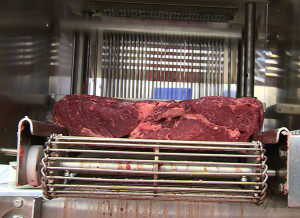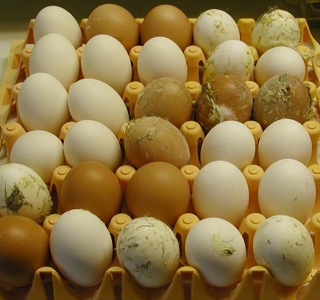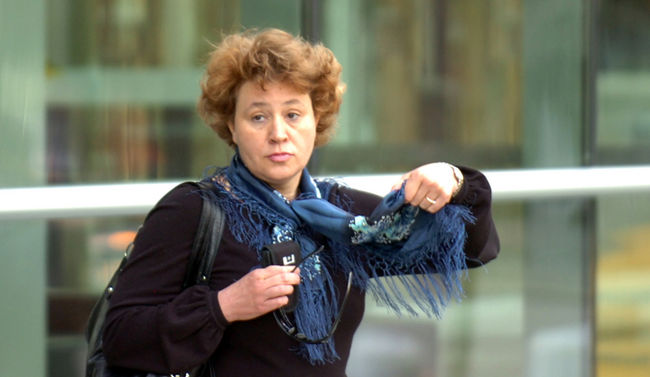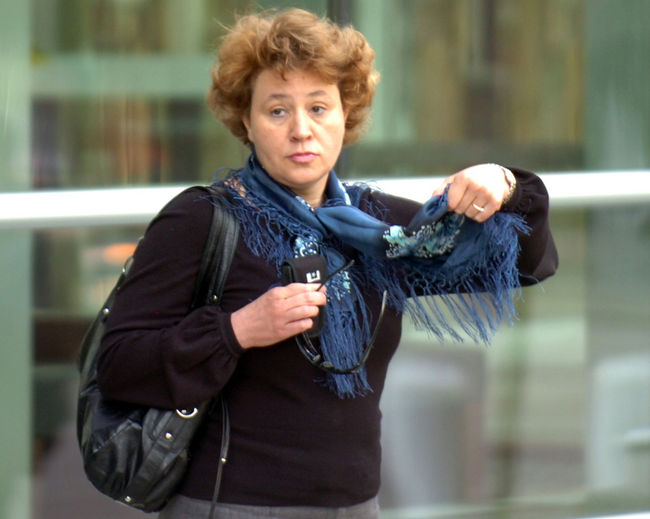Kevin Martin of the Calgary Herald reports a $1.6-million lawsuit has been filed on behalf of a Calgary brother and sister who were infected with E. coli, allegedly from eating tainted food at a Vietnamese restaurant.
 The lawsuit filed on behalf of minors Hunter and Julia Aloisio said both were infected with E. coli after dining at the Chi Lan Vietnamese Restaurant on July 31, 2014.
The lawsuit filed on behalf of minors Hunter and Julia Aloisio said both were infected with E. coli after dining at the Chi Lan Vietnamese Restaurant on July 31, 2014.
It says Hunter Aloisio was impacted most by the infection, developing hemolytic uremic syndrome.
The boy required dialysis to treat the illness and is now susceptible to kidney failure, the lawsuit says.
The claim names the restaurant, as well as its suppliers and “upstream defendants,” unidentified companies “involved in the livestock slaughter and dressing industry, the farming industry and/or the secondary processing industry.”
“The defendants were negligent and breached the standard of care owed to the plaintiffs,” the statement of claim filed on behalf of the siblings says.
“The defendants owed the plaintiffs a duty of care to ensure that their products, including the restaurant food, were safe for consumption and would not expose the plaintiffs to contaminants such as E. coli bacteria,” it says.






 Calgary catering company and two of its principals fines totalling $23,690.
Calgary catering company and two of its principals fines totalling $23,690. back to jail for a longer time to get the message across.”
back to jail for a longer time to get the message across.” further tampering incidents on Feb. 17.
further tampering incidents on Feb. 17. Calgary court,
Calgary court,